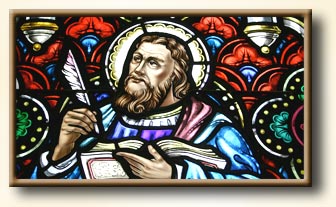|
As in so many other cases, we have here a word which comes to us from the Greek, and it means an appearance, a showing forth. The Book of Common Prayer fixes this Feast Day for January 6th and subtitles it, “The Manifestation of Christ to the Gentiles.”
The beginnings of this celebration tend to be lost in the mists of time, although in one form or another it can be traced back even to the end of the second century. As it started and developed, the celebration commemorated Christ’s manifestation in various ways -- His baptism in Jordan by John the Baptizer or His birth at Bethlehem. Gradually, however, as the Western churches took up the observances of January 6th, they focused its significance on the coming of the Magi to worship the young child. Under the influence of such Psalms as Psalm 72, v. 10-11, the Church viewed the Magi as kings representing all nations, and thus the visit of the wise men came to be regarded as a manifestation of Christ to all nations, to non-Jews as well as Jews, to “the Gentiles”.
It is particularly fitting that the Epistle for the day should be taken from St. Paul’s writings, because St. Paul was the one man of the apostolic age who more than any other emphasized the universal meaning and mission of Christ as the Savior of all men, of all nations, of “the Gentiles”. How appropriate then, that the Feast of St. Paul’s conversion (January 25th) is observed in the Epiphany season.
Most Christians are “Gentiles” and so the celebration of the Epiphany should be an occasion of special rejoicing for us, because it symbolizes our inclusion among those for whom our Lord lived and died and rose again. Epiphany symbolizes and emphasizes the universality of God’s love, the universality of Christ’s saving mission, the universality of His in-dwelling. He is not just for the chosen few; He is not just for the good, the faithful, the believers. He is for all men, for the sinners, the wicked, the unbelievers -- “all sorts and conditions of men.” It is not without reason that we say in the General Thanksgiving at Morning Prayer that “we do give thee most humble and hearty thanks for all thy goodness and loving-kindness to us, and to all men.”
|



